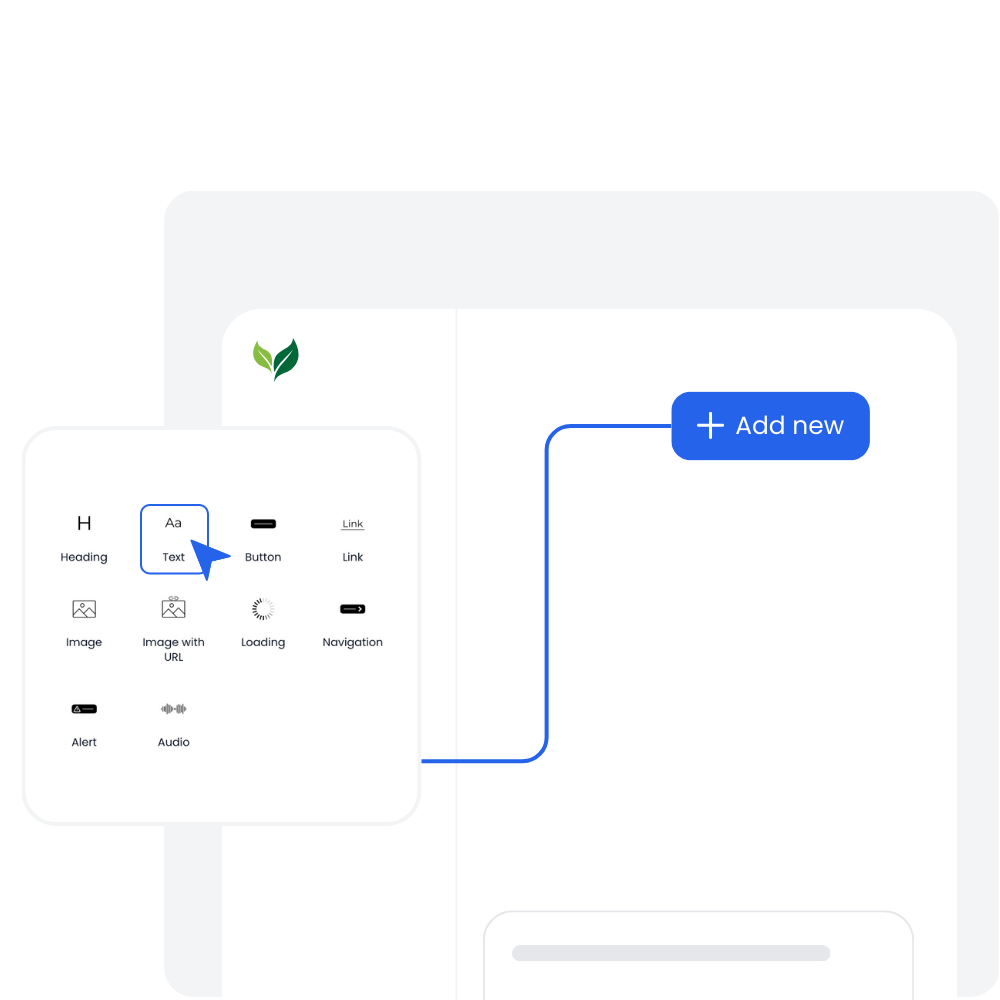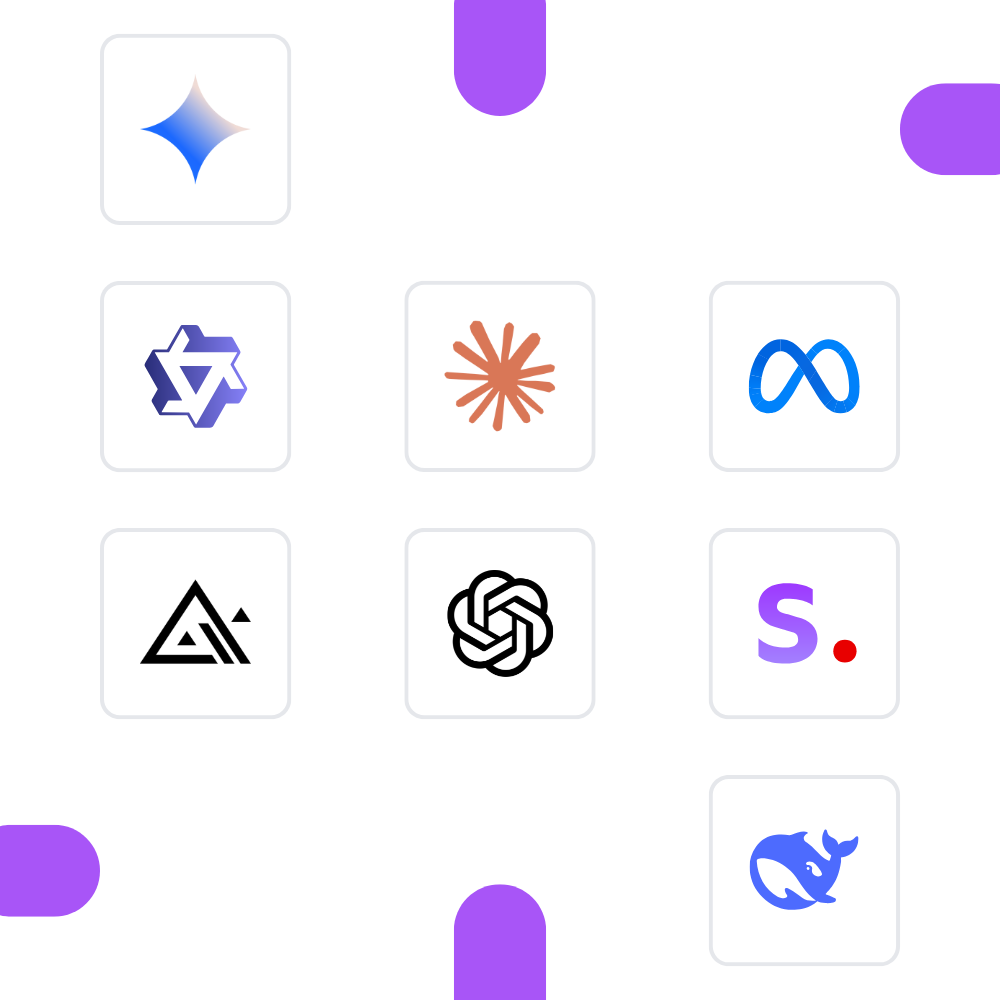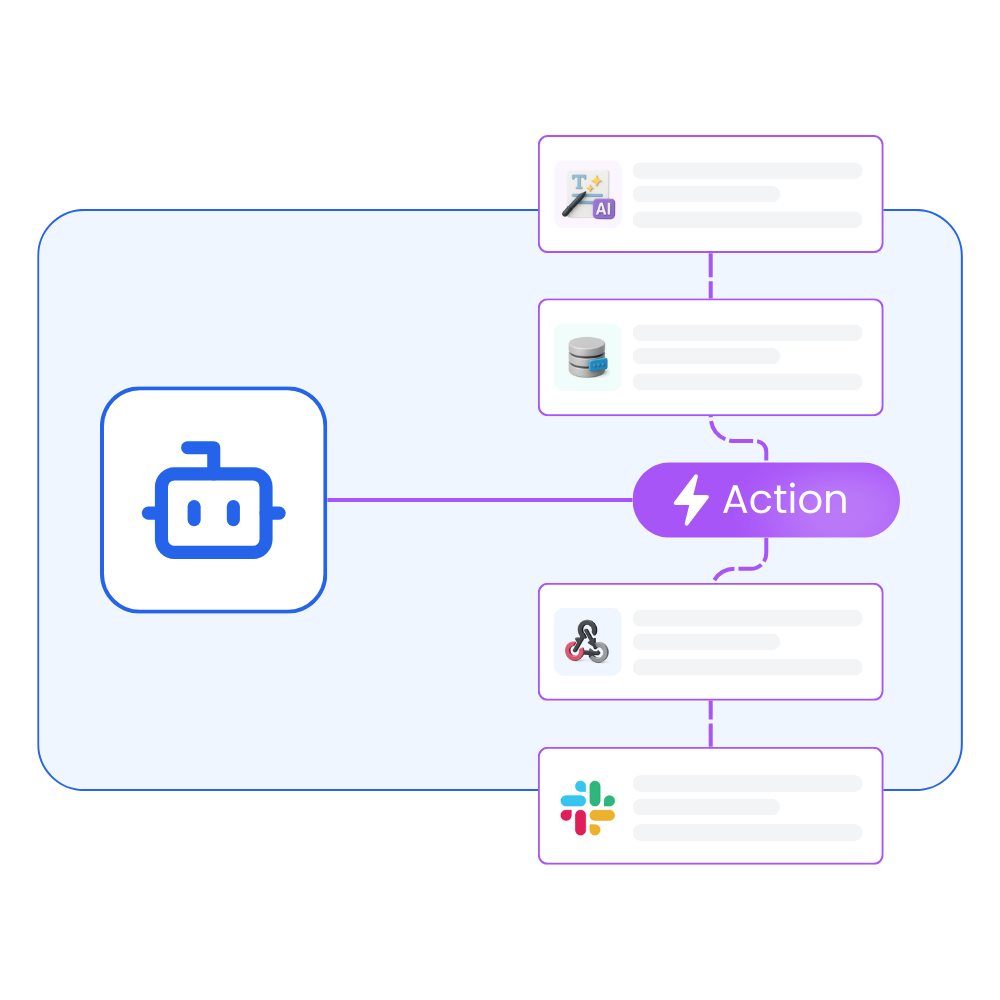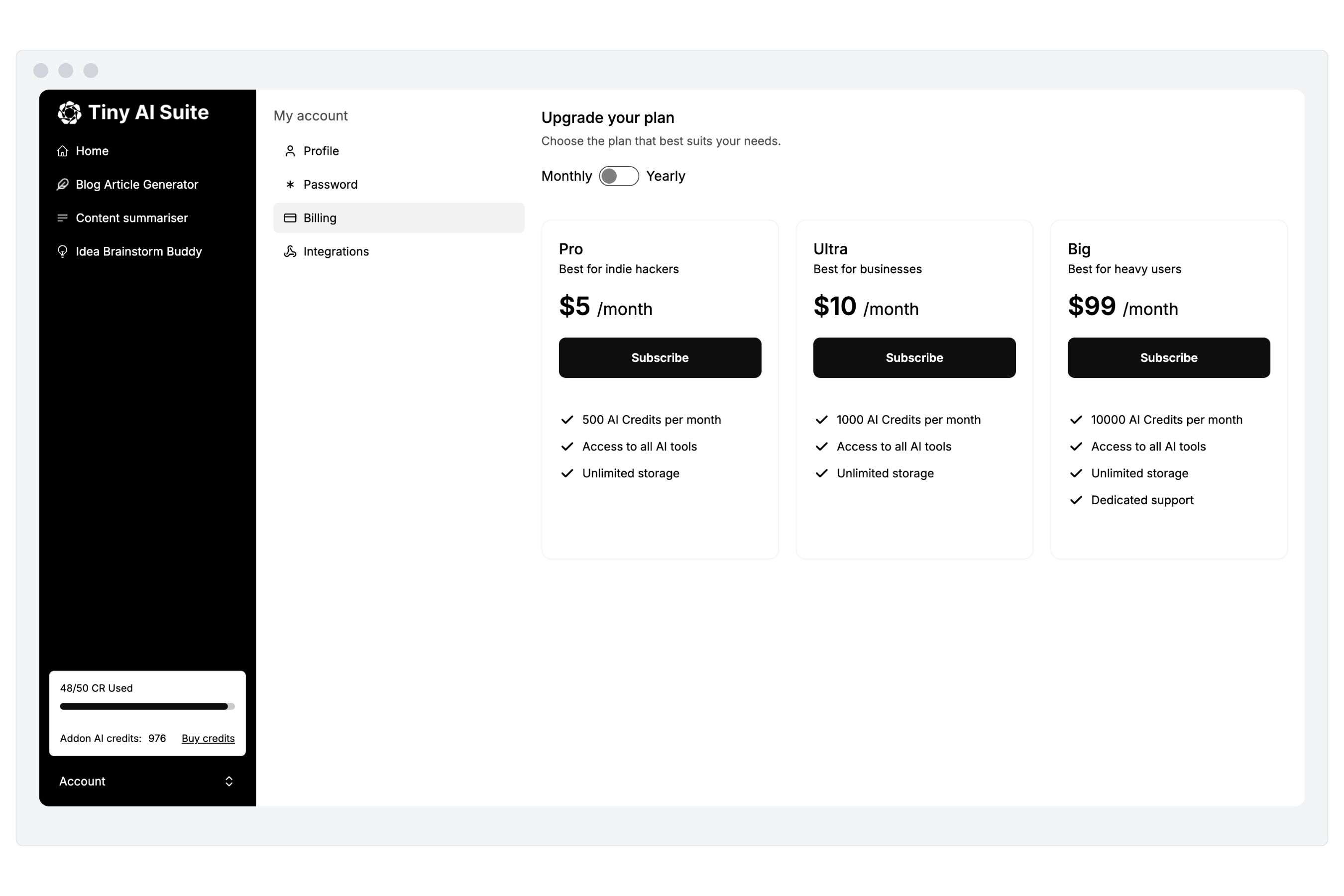GPT-OSS 20B vs Claude 4.1 Opus
Compare GPT-OSS 20B and Claude 4.1 Opus. Find out which one is better for your use case.
Model Comparison
| Feature | GPT-OSS 20B | Claude 4.1 Opus |
|---|---|---|
| Provider | OpenAI | Anthropic |
| Model Type | text | text |
| Context Window | 128,000 tokens | 1,000,000 tokens |
| Input Cost | $0.00 / 1M tokens | $15.00 / 1M tokens |
| Output Cost | $0.00 / 1M tokens | $75.00 / 1M tokens |
Strengths & Best Use Cases
GPT-OSS 20B
- Open-weight / Apache 2.0 licensed: you can use, modify, and deploy freely (commercially & academically) under permissive terms.
- Large model size (≈ 21B parameters) with Mixture-of-Experts (MoE) architecture: only ~3.6B parameters active per token, yielding efficient inference. :contentReference[oaicite:1]{index=1}
- Very long context window support: up to ~128 K tokens (or ~131 K tokens per some sources) enabling in-depth reasoning, long documents, or multi-turn context. :contentReference[oaicite:2]{index=2}
- Adjustable reasoning effort: you can trade latency vs quality by tuning “reasoning effort” levels. :contentReference[oaicite:3]{index=3}
- Efficient hardware requirements (for its class): designed to run on a single 16 GB-class GPU or optimized local deployments for lower latency applications. :contentReference[oaicite:4]{index=4}
- Strong for tasks such as reasoning, tool-use, structured output, chain-of-thought debugging: because the model is open and you can inspect its chain of thought. :contentReference[oaicite:5]{index=5}
- Flexibility: since weights are available, you can self-host, fine-tune, or deploy offline, giving more control than closed API models. :contentReference[oaicite:6]{index=6}
Claude 4.1 Opus
1. Advanced Coding Performance
-
Achieves 74.5% on SWE-bench Verified, improving the Claude family's state-of-the-art coding abilities.
-
Stronger at:
- Multi-file code refactoring
- Large codebase debugging
- Pinpointing exact corrections without unnecessary edits
-
Outperforms Opus 4 and shows gains comparable to jumps seen in past major releases.
2. Improved Agentic & Research Capabilities
- Better at maintaining detail accuracy in long research tasks.
- Enhanced agentic search and step-by-step problem solving.
- Performs reliably across complex multi-turn reasoning tasks.
3. Validated by Real-World Users
- GitHub: Better multi-file refactoring and code adjustments.
- Rakuten Group: High precision debugging with minimal collateral changes.
- Windsurf: One standard deviation improvement on their junior dev benchmark—similar magnitude to Sonnet 3.7 → Sonnet 4.
4. Hybrid-Reasoning Benchmark Improvements
- Improvements across TAU-bench, GPQA Diamond, MMMLU, MMMU, AIME (with extended thinking).
- Stronger robustness in long-context reasoning tasks.
Turn your AI ideas into AI products with the right AI model
Appaca is the complete platform for building AI agents, automations, and customer-facing interfaces. No coding required.

Customer-facing Interface
Create and style user interfaces for your AI agents and tools easily according to your brand.

Multimodel LLMs
Create, manage, and deploy custom AI models for text, image, and audio - trained on your own knowledge base.

Agentic workflows and integrations
Create a workflow for your AI agents and tools to perform tasks and integrations with third-party services.
Trusted by incredible people at
All you need to launch and sell your AI products with the right AI model
Appaca provides out-of-the-box solutions your AI apps need.
Monetize your AI
Sell your AI agents and tools as a complete product with subscription and AI credits billing. Generate revenue for your busienss.


“I've built with various AI tools and have found Appaca to be the most efficient and user-friendly solution.”

Cheyanne Carter
Founder & CEO, Edubuddy
Put your AI idea in front of your customers today
Use Appaca to build and launch your AI products in minutes.